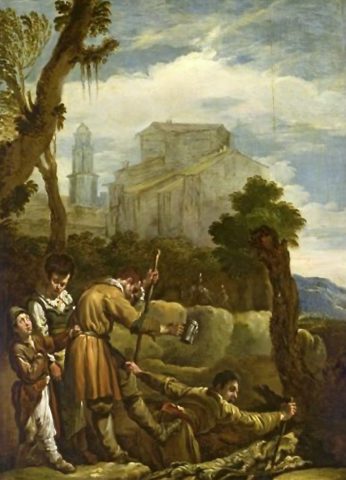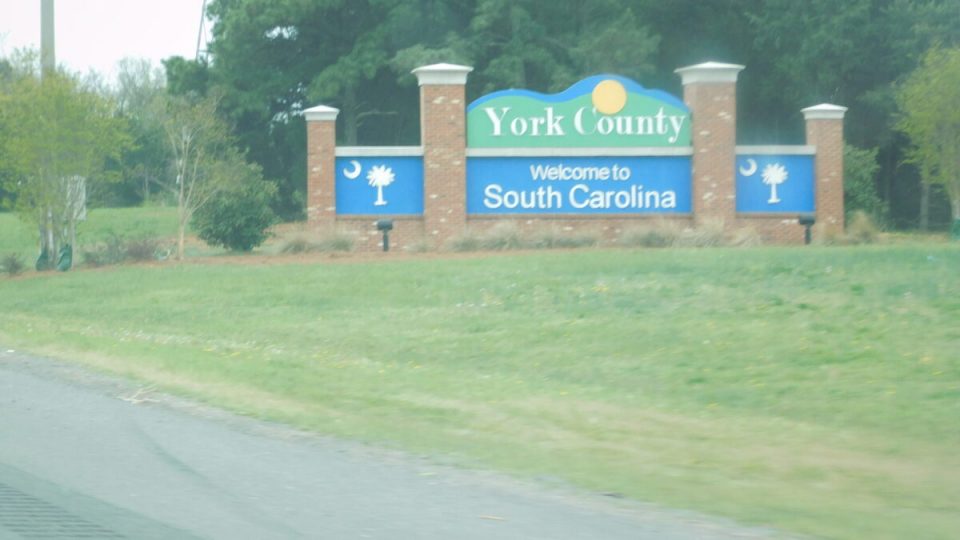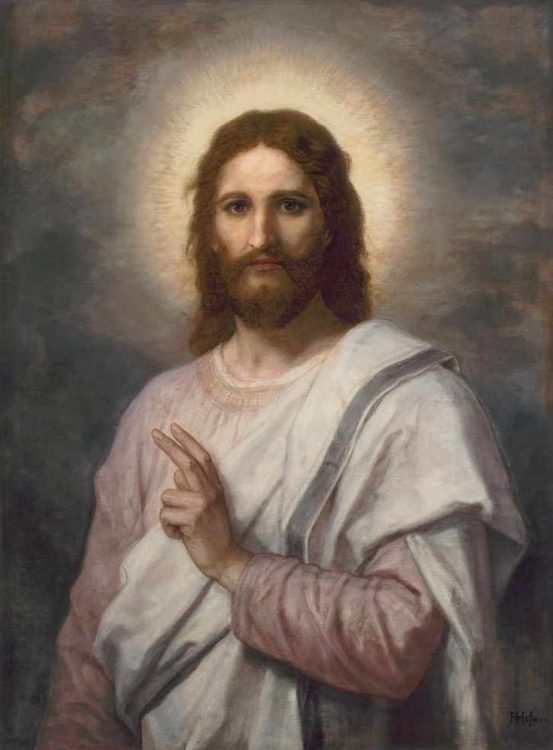Ratzinger, Vatican II, and the Idea of Synodality, by Eduardo J. Echeverria

As the West Abandons Catholicism, One Continent Thrives, by Nicholas Wylie
October 24, 2023
Energy Company That Collects and Disposes of Aborted Babies Fined $1.7 Million, by Nancy Flanders
October 24, 2023
*Image: The Blind Leading the Blind by Domenico Fetti, 1621-22 [Barber Institute of Fine Arts, Birmingham, England]
By Eduardo J. Echeverria, The Catholic Thing, Oct. 21, 2023
Eduardo J. Echeverria is Professor of Philosophy and Systematic Theology at Sacred Heart Major Seminary, Detroit. His publications include Pope Francis: The Legacy of Vatican II (2015) and Revelation, History, and Truth: A Hermeneutics of Dogma. (2018). His new book is Are We Together? A Roman Catholic Analyzes Evangelical Protestants.
In a 1975 essay on the reception of Vatican II, then Cardinal Joseph Ratzinger commented on the meaning and limits of councils. His main point is that councils are sometimes a necessity. But he adds, “they always point to an extraordinary situation in the Church and are not to be regarded as a model for her life in general or even as the ideal content of her existence.”
Ratzinger concludes:
In plain language: the council is an organ of consultation and decision. As such, it is not an end in itself but an instrument in the service of the life of the Church. . . .If a council becomes the model of Christianity per se, then the constant discussion of Christian themes comes to be considered the content of Christianity itself; but precisely there lies the failure to recognize the true meaning of Christianity. …




